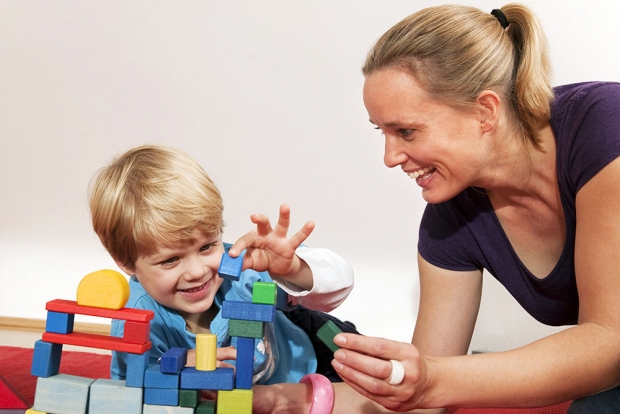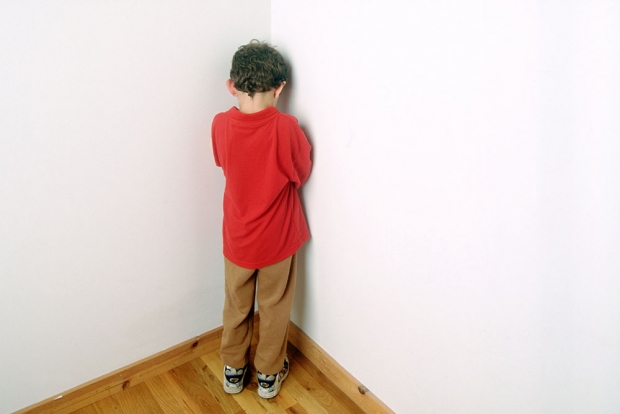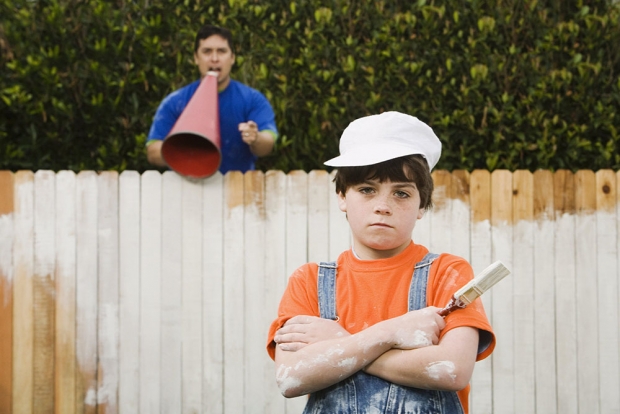Unlimited love for your own child is not a guarantee against mistakes in his upbringing. Excessive affection and unsolicited help often impede the development of an independent person.
Leadership expert, author of 25 books, founder and president of Growing Leaders, Tim Elmore from the USA, has highlighted seven adult behavioral issues that can harm the development of leadership in children. And also reduce their chances of achieving success in business and in personal life.
kid.htgetrid.com/en/ recommends that all current and future parents familiarize themselves with Elmore's article so as not to make these mistakes.
1. We do not allow children to take risks

We live in a modern world full of dangers at every turn. The slogan “Safety Above All” strengthens our fear of losing children, so we surround them with universal concern. European psychologists have found that if children do not play on the street, if they have never had to fall and strip their knees, then in adulthood they often suffer from phobias.
The child should fall several times to understand that this is normal. Teenagers should quarrel and experience the bitterness of first love in order to gain emotional maturity, without which a long-term relationship is impossible.
Eliminating the risk from the lives of children, adults give rise to arrogance, arrogance and low self-esteem in the future.
2. We rush to help too quickly

The current generation of young people has not developed some of the skills that were inherent in children 30 years ago. When we come to the aid too soon and excessively surround the child with “care”, we deprive him of the need to look for a way out of difficult situations ourselves.
Sooner or later, children get used to the fact that someone always saves them: “If I make a mistake or do not reach the goal, then adults will correct and rake the consequences.” Although in reality the world of adult relationships is completely different.
Your children run the risk of not being fit for adulthood.
3. We too admire them

The self-esteem movement began as early as the baby boomer generation, and in the 1980s it took root in school. The rule "every participant receives a cup" allows the child to feel special. But studies by modern psychologists show that this method of promotion has unforeseen consequences.
After some time, the child notices that the only people who consider him wonderful are mom and dad, and the rest do not think so. And then the child begins to doubt the objectivity of his parents.He is pleased to receive praise, but he understands that this has nothing to do with reality.
Over time, such a child learns to cheat, exaggerate and lie to avoid uncomfortable reality. Because he is simply not suited to encounters with difficulties.
4. We let guilty feelings overshadow good behavior

Your child should not love you every minute. He will have to overcome many troubles in this life, but spoiling can prevent this. Therefore, tell the children “no” and “not now” so that they learn to fight for their desires and needs. If there are several children in a family, parents usually consider it unfair to reward one child and leave others deprived. But to reward everyone is always unrealistic. By such actions, we miss the opportunity to show children that success depends on our own efforts and good deeds.
Think twice before rewarding children with trips to the malls. If your relationship is based only on material incentives, children will not feel either intrinsic motivation or unconditional love.
5. We do not share mistakes from our own past

The time will come when a healthy teenager will definitely want to “spread his wings” and fill his own cones. And the adult must allow him to do this. But this does not mean at all that we will not help children navigate unknown things and events. Share the mistakes you made at their age with your children, but avoid unnecessary moralizing about smoking, alcohol, and drugs.
Children should be prepared to face troubles and be able to answer for the consequences of their decisions.
Tell them how you felt when you faced similar circumstances, what guided you in your actions, what lessons you learned.
We also read: How to raise an optimistic child?
6. We confuse intelligence and talent with maturity

Intelligence is often used as a measure of a child’s maturity, and as a result, parents assume that a smart child is ready for the real world. This is not true. Some professional athletes and young Hollywood stars, for example, have great talent, but still fall into public scandals.
Do not assume that your child is talented in everything.
There is no magical “age of responsibility” or guidance on when it is time for a child to be given any specific freedom.
But there is a good rule - to watch other children of the same age. If you notice that the peers of your child are much more independent, then perhaps you yourself are restraining the development of his independence.
7. We ourselves do not do what we teach children

As parents, we must model the life that we want for our children. Now we are the leaders of our family, so we must adhere to the truth in relations with others. Watch your misconduct, even petty, because your children are watching you.
If you do not go around the rules, then the children will know that this is unacceptable to them. Show the children what it means to fully and happily help others. Make people and places better than they were before you, and your children will do the same.
READ ALSO: Raising a child in Tibetan traditions








